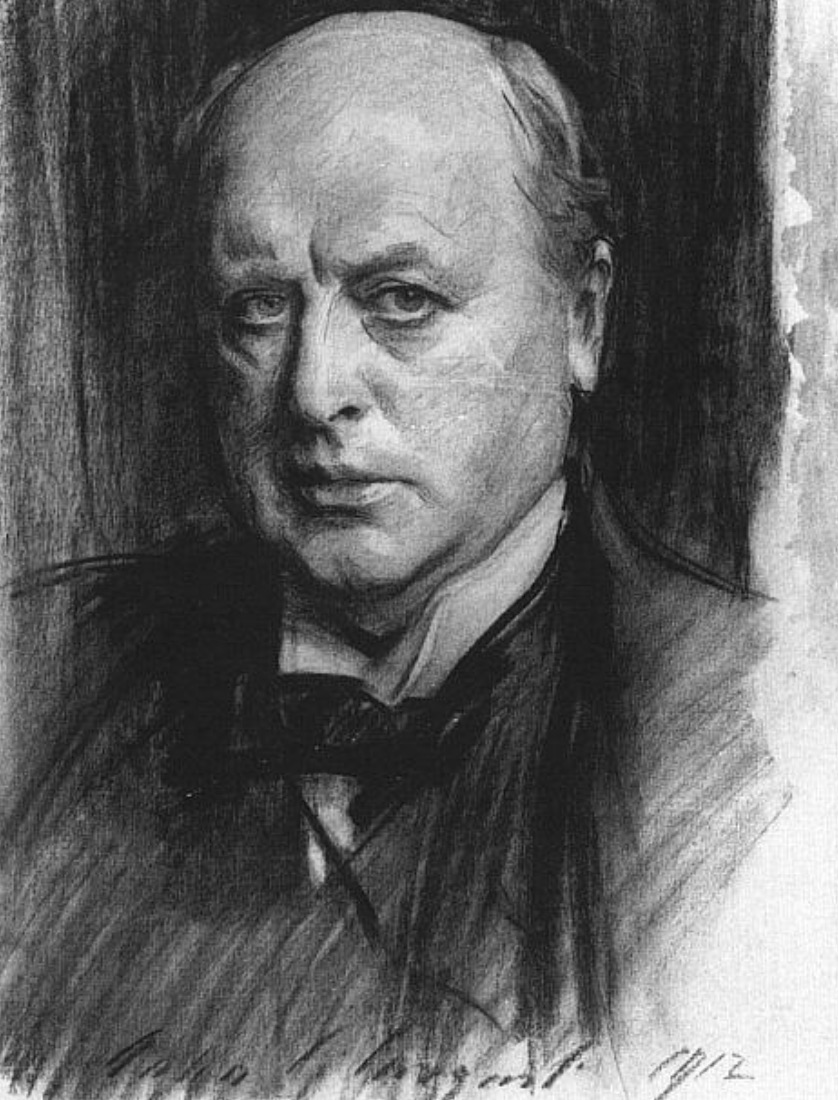
Henry James has been praised as the “Master” of English and American letters, renowned (if not infamous) for his intricate style and the psychologically complex interiority of his narrative voice. This, however, has not made it easier to adapt and remediate James. Terrence Rafferty, in The New York Times, notes, “Dozens of adaptations of his difficult, delicate fictions have been produced since his death, all trying (and most failing) to capture something of his essence, the elusive beast in the verbal jungle.” Nonetheless, writers, filmmakers, musicians, and visual artists have never stopped trying to adapt and remediate Henry James for their own purposes.
In this seminar, we want to focus not so much on the difficulties but the possibilities of adapting James through creative transmedial and remediation practices. Retelling and reframing James and James’s work opens up new potentials for reading James. When Colm Tóibín or David Lodge rewrite James’s life, when James writes about the visual arts, when literary texts like What Maisie Knew or “The Turn of the Screw” are turned into films, operas, or graphic narratives, we have to think through our concepts of authorship, our understanding of each text in relation to the others, and the logic of each individual medium. The seminar will take Tóibín’s The Master as a starting point for a transmedial journey through Henry James’s so-called Middle Years; a journey that will consider both James’s own reflections on the arts and the shapes his life and his texts have found in other media.
- Trainer/in: Maren Scheurer